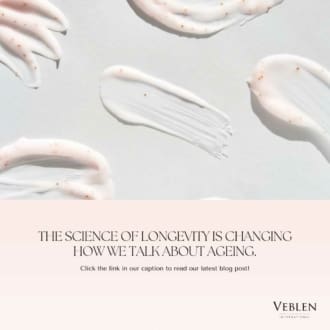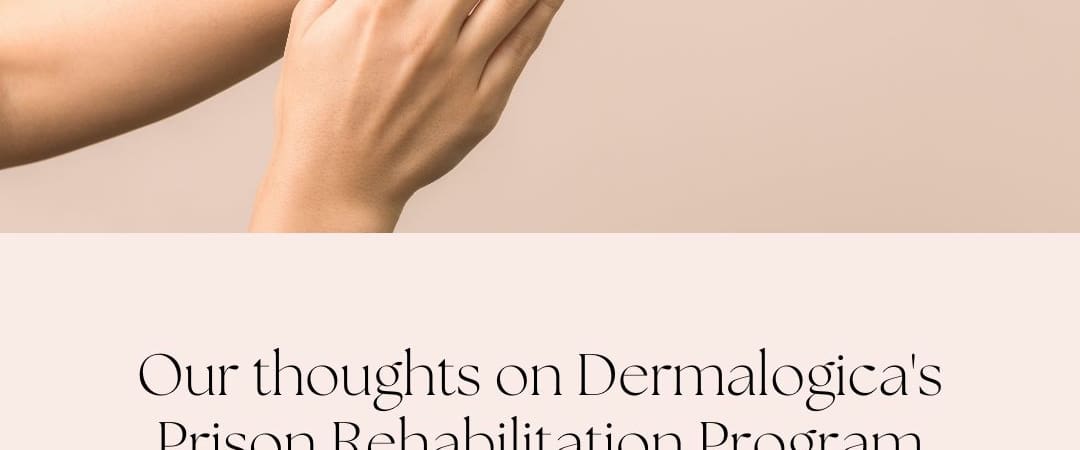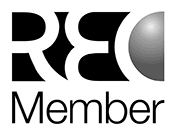Dermalogica has partnered with the Coffee Creek Correctional Facility in Oregon to offer incarcerated women advanced skincare training, helping them to learn the necessary skills to become skin therapists or small business owners when they get released, subsequently contributing to a lower re offending rate.
In a society where the challenges of reintegration for ex-prisoners are all too familiar, Dermalogica is pioneering this transformative initiative to go beyond skincare to empower and rehabilitate inmates. As reported by The New York Times, a staggering 60% of individuals leaving prison find themselves unemployed a year later, often due to a lack of vocational skills and societal bias. This is where Dermalogica’s commitment to change the narrative becomes not only interesting but profoundly positive.
Heather Hickman, Vice President of Education at Dermalogica, emphasises the company’s belief that a skillset can pave the way to “owning one’s future”. Dermalogica’s partnership with Coffee Creek aligns seamlessly with their ethos, showcasing how professional skincare training can be a catalyst for life-changing opportunities. In a poignant statement, one member, Kristina, expresses how the education program is more than acquiring professional skills; it’s about reclaiming humanity through touch in an environment where physical connection is scarce.
As the videos unfold, the appreciation expressed by cohort members for their clients is palpable. The program not only provides them with a sense of normality after years of isolation, but also becomes a source of fulfilment and purpose. The community built through this initiative is reshaping perspectives, encouraging participants to envision a future where they can contribute positively to society.
This collaborative effort between CCCF and Dermalogica is not an isolated case. Similar programs, like Aveda Arts and the Louisiana Prison Cosmetology Program, are making a significant impact on incarcerated women. These initiatives not only equip prisoners with essential skills but also offer them the opportunity to teach and build relationships within the incarcerated community.
Beyond the inspiring narratives of individual transformation, these programs highlight the untapped potential within the prison population. By embracing a commitment to second chances, businesses like Dermalogica and Aveda Arts contribute not only to reducing recidivism but also to fostering a more inclusive and diverse workforce.
Hiring individuals with a criminal record is not just a socially responsible move; it is an investment in untapped talent. By breaking down societal biases and offering opportunities to those seeking redemption, businesses become agents of change, contributing positively to the overall community and society.
Dermalogica’s innovative approach to beauty education is not just about skincare; it’s about breaking chains, breaking grounds, and rewriting the narrative of second chances. In doing so, they’re not only transforming the lives of program participants but also redefining beauty norms and creating a ripple effect of positive change within the beauty community and beyond.What are your thoughts on this topic? Comment below!

How Luxury Beauty is Evolving in 2025 with High-End Brands Leading the Way

How AI is Redefining the Beauty Industry in 2025



